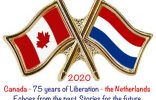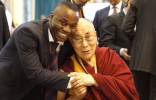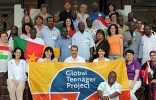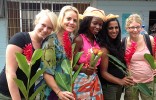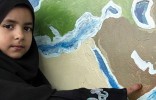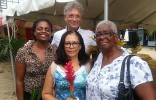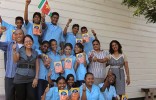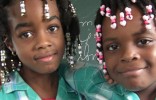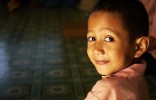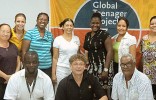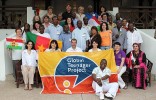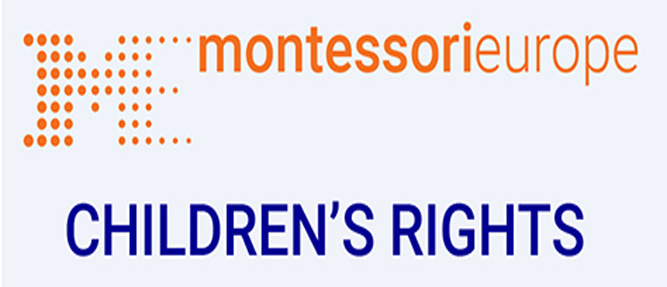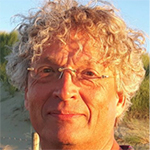Workshop Learning Circles (WT 9) – Montessori Europe Congress 2017 – November 4
Children’s rights are not just about children; they belong to all children!
That’s why our workshops for the Congress are powered by students of 5 Montessori Schools. They will present their own challenging assignments on Children’s Rights, designed for their fellow students from over the world! Students show us how globally working together can grow into a lively classroom learning experience. You are welcome at our workshops on November 4th at 10:30 and 13:30.
We will explain how your classes and schools can register to actively participate.
You’re very welcome to join the
2018 Montessori Learning Circles Children’s Rights!
Global Teenager Project
Your coordinators:
Bob Hofman
Global Teenager Project Director
bob@globalteenager.org
As global learning innovator Bob has spent 25 years teaching and as consultant, he conducted professional development in more than 40 countries. He also holds the chair for the iEARN-Netherlands Foundation and is an assembly member of iEARN International. As executive director of the Global Teenager Project he is involved in a high-quality learning network. Bob is also the European representative for peerScholar. Specialties: Initiating and creating international educational collaborative projects, with a focus on community based learning and formative assessment.
Manon van Herwijnen
Learning Circles Coordinator
manon@globalteenager.org
As a former teacher in special and primary education Manon has expanded her skills in coordination of several projects and became facilitator for Dutch schools in the Learning Circles since 2012. She is now designing and coordinating the International Circles with several themes. Since 2013 Manon is member of the Dutch peerScholar team with a focus on coaching educators to use peer learning in challenging education, that enables students to learn, wonder and explore together and to take more responsibility for their own learning.

